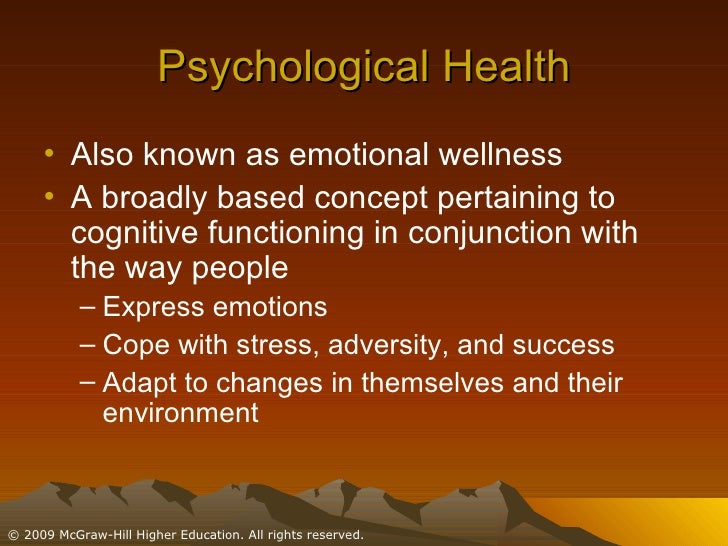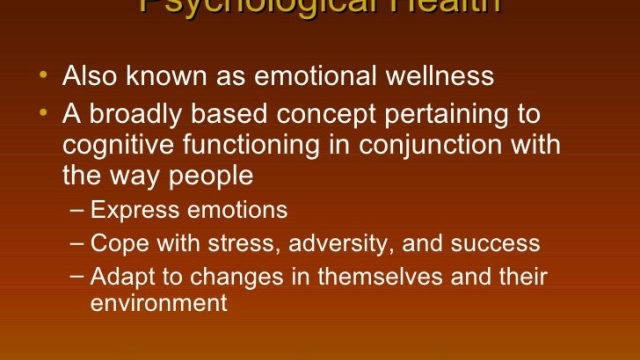Unmasking the Layers: Nurturing Psychological Resilience
Psychological health is a fundamental aspect of overall well-being that often goes unnoticed behind the scenes. It encompasses the intricate layers of our emotions, thoughts, and behaviors, shaping our resilience in the face of adversity. In today’s fast-paced world, where stress and challenges are ubiquitous, nurturing psychological resilience has become more crucial than ever.
At its core, psychological health refers to our ability to cope with life’s ups and downs while maintaining a sense of balance and inner strength. It involves fostering mental clarity, emotional stability, and a positive mindset that enables us to adapt and bounce back from setbacks. Much like tending to a delicate garden, tending to our psychological well-being requires conscious effort, patience, and understanding of the various layers that contribute to our resilience. So, let us embark on a journey of unmasking these layers to uncover the secrets of nurturing psychological resilience.
Understanding Psychological Resilience
Psychological resilience is a fundamental aspect of maintaining good mental health and navigating life’s challenges. It refers to an individual’s ability to adapt and bounce back from difficult experiences, stress, or adversity. Developing and nurturing psychological resilience is crucial for cultivating overall psychological well-being.
Resilience is not a fixed trait; rather, it is a dynamic quality that can be cultivated and strengthened over time. It encompasses various factors, including cognitive, emotional, and behavioral aspects. Understanding the different dimensions of resilience can provide a framework for individuals to build their psychological strength and enhance their overall mental well-being.
One important dimension of psychological resilience is cognitive resilience. This refers to the ability to maintain a positive mindset, reframe negative thoughts, and adapt one’s thinking to challenging situations. Developing cognitive resilience involves cultivating self-awareness, practicing mindfulness, and fostering optimistic thinking patterns.
Emotional resilience is another crucial aspect of psychological resilience. It involves the capacity to manage and regulate emotions effectively. People with high emotional resilience can experience and express emotions in healthy ways, while also being able to bounce back from emotional setbacks. Building emotional resilience involves developing emotional intelligence, practicing self-care, and seeking support when needed.
Behavioral resilience refers to the ability to take appropriate actions and make adaptive choices in the face of adversity. It involves developing problem-solving skills, setting realistic goals, and implementing effective coping strategies. Building behavioral resilience requires practicing healthy habits, developing strong social connections, and seeking professional help if necessary.
In conclusion, understanding psychological resilience is vital for maintaining good mental health. It encompasses various dimensions, including cognitive, emotional, and behavioral aspects, which can be cultivated and strengthened over time. By focusing on building resilience, individuals can enhance their overall psychological well-being and effectively navigate life’s challenges.
Factors Contributing to Psychological Resilience
-
Supportive Relationships:

Having strong and reliable relationships plays a significant role in building psychological resilience. These relationships can include close family members, friends, or even mentors who provide a sense of belonging and offer support during challenging times. The ability to confide in someone, receive emotional validation, and gain perspective can enhance resilience and help individuals cope with stressors effectively. -
Positive Mindset:
Developing a positive mindset can greatly contribute to psychological resilience. The way we perceive and interpret events can impact our ability to bounce back from adversity. Cultivating optimism, practicing gratitude, and focusing on strengths and accomplishments can help individuals maintain a hopeful outlook, even in the face of challenges. By reframing negative experiences and setbacks as opportunities for growth, individuals can foster resilience and maintain psychological well-being. - Psychosocial
Effective Coping Mechanisms:
Having effective coping mechanisms in place is essential for psychological resilience. These mechanisms can be both individual and collective, encompassing a range of strategies such as problem-solving skills, emotional regulation techniques, and seeking professional help when necessary. Engaging in activities that promote self-care, stress reduction, and relaxation can also enhance resilience and improve overall mental health.
Remember, psychological resilience is not limited to these factors alone. It is a complex interplay of various personal, social, and environmental aspects. By understanding and incorporating these contributing factors into our lives, we can nurture our psychological resilience and better navigate the ups and downs that life presents.
Building and Nurturing Psychological Resilience
In order to cultivate and sustain psychological resilience, it is essential to prioritize self-care and develop healthy coping mechanisms. By taking proactive measures to nurture our psychological well-being, we can build a strong foundation for resilience in the face of adversity.
Firstly, maintaining a balanced lifestyle is crucial for fostering psychological resilience. This involves finding a harmonious equilibrium between work, relationships, and personal time. Engaging in activities that bring joy and fulfillment, such as hobbies or exercise, can help alleviate stress and enhance resilience.
Secondly, fostering a supportive network of meaningful relationships plays a significant role in nurturing psychological resilience. Surrounding ourselves with individuals who uplift and encourage us can provide emotional support during challenging times. Sharing our thoughts and feelings with trusted friends or family members can offer different perspectives and valuable insights.
Lastly, practicing gratitude and mindfulness is a powerful tool in building psychological resilience. By cultivating an attitude of gratitude, we can shift our focus from negative experiences to the positive aspects of life. Mindfulness practices, such as meditation or deep breathing exercises, enable us to stay present and reduce anxiety or rumination.
By following these steps, individuals can actively contribute to their psychological well-being and develop the resilience needed to navigate through life’s inevitable challenges.


